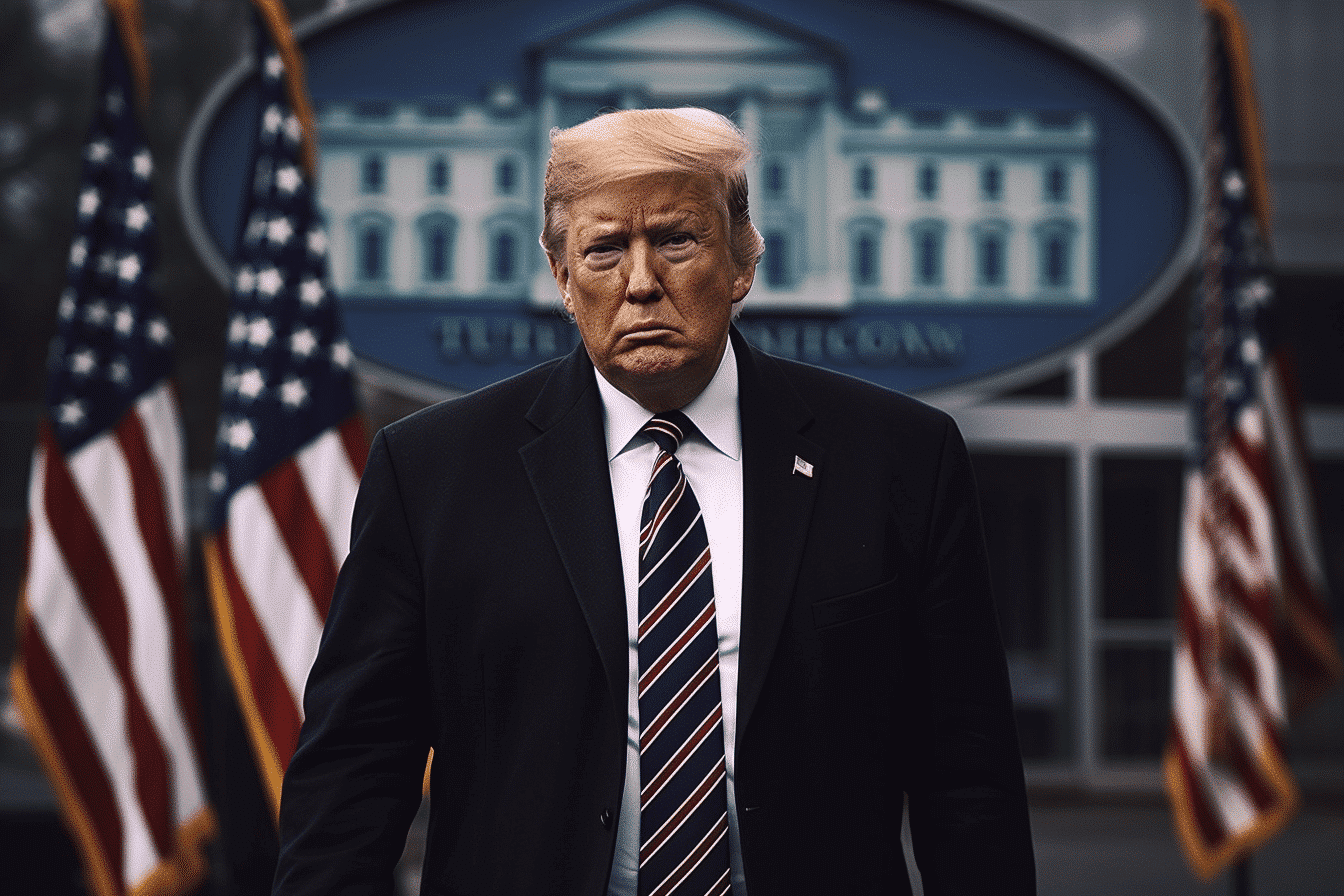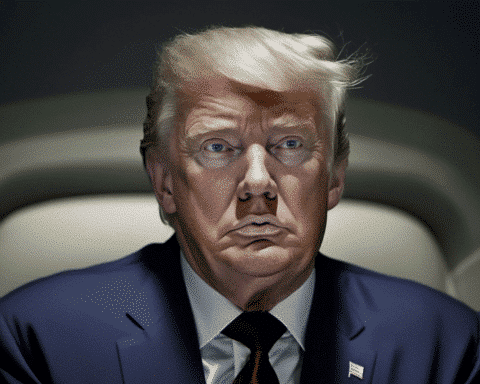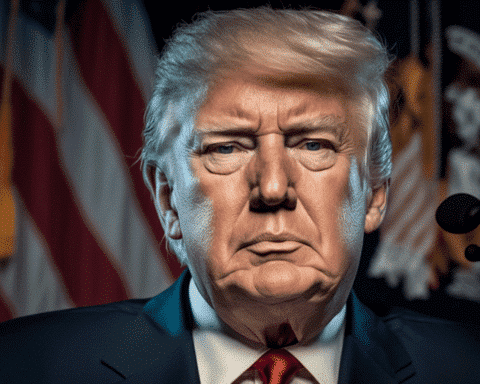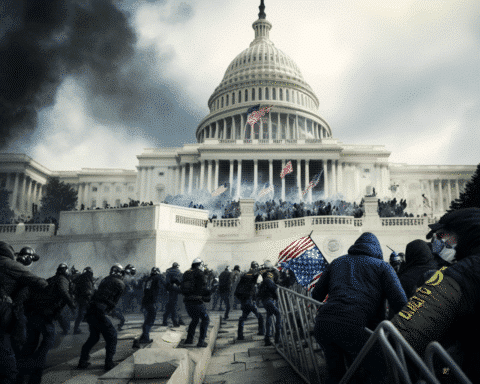In the intricate legal battle surrounding former President Donald Trump’s attempts to overturn the 2020 election results, the 2016 presidential election emerges as a pivotal point of contention. The contrasting interpretations of Trump’s response to the 2016 election by his lawyers and federal prosecutors underline the case’s complexity. While Trump’s legal team portrays his concern for election security following Russian interference in 2016 as foundational to his skepticism in 2020, prosecutors view the same events as evidence of Trump’s pattern of questioning election outcomes not in his favour.
The trial for the next year in Washington focuses on Trump’s efforts to challenge the 2020 election results, where he lost to Democrat Joe Biden. However, both sides aim to reference the 2016 election to illuminate Trump’s mindset. A former Justice Department national security prosecutor, David Aaron, asserts, “There are usually multiple data points that each side will argue indicates one mental state or the other.”
The 2016 election was marked by Russian operatives’ interference, an event that raised concerns over election security and democratic faith in America. This background forms a crucial context for the current case, where Trump’s lawyers argue that his actions post-2020 were based on genuine concerns for election integrity, citing his previous executive orders against foreign election interference.
On the other hand, Special Counsel Jack Smith’s team contends that the 2016 election details are irrelevant, emphasizing Trump’s history of alleging fraud. The defence’s request for intelligence materials on the 2016 Russian interference aims to support their narrative that Trump’s skepticism about the 2020 election results was well-founded.
Federal prosecutors, however, view Trump’s past claims of election fraud as a consistent pattern of behaviour, starting as early as the 2012 elections. They argue that these instances demonstrate Trump’s tendency to delegitimize election results he disagrees with, intending to obstruct the 2020 election certification.
Legal experts like Tamara Lave and Lauren Ouziel highlight the significance of this historical context. Lave points out that this evidence could undermine defence claims that Trump’s statements were merely his typical exaggeration. Ouziel emphasizes that these prior statements could serve as crucial evidence for prosecutors, likening them to “bricks in a wall.”
The upcoming trial delving into Trump’s conduct surrounding the 2020 election will scrutinize his actions during that period and cast a retrospective glance at the 2016 election. This approach underscores the legal strategy of defence and prosecution, aiming to construct a comprehensive narrative of Trump’s mindset and intentions. As the trial unfolds, the echoes of the 2016 election will undoubtedly play a significant role in shaping the judicial interpretation of events leading up to the controversial 2020 election aftermath.




